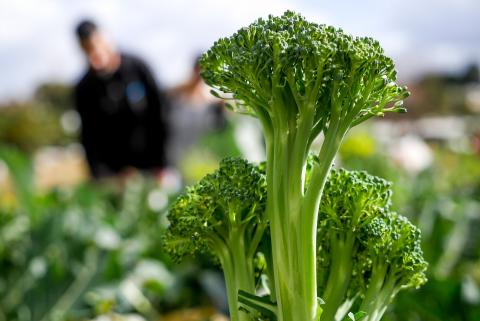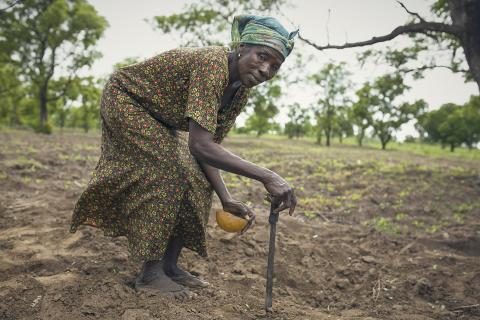Three graduate students won CEOS mini-grants for research over the next year!
These students in Agricultural and Consumer Economics all demonstrate a detailed plan and clear use of funds towards sustainability-related research projects in their applications.
Husain Krawadwala is studying consumer perceptions of health and environmental impacts of plant based meat products under his advisor, Brenna Ellison. Joel Tansey is looking at the sustainability of the Illinois cannabis industry. Juo-Han Tsay will use the funds towards research into the effect of conservation practices on farmland value. Both Ms. Han and Mr. Tansey are working with advisor Nicholas Paulson.
Congrats to our winners!
Learn more about the mini-grants here.




